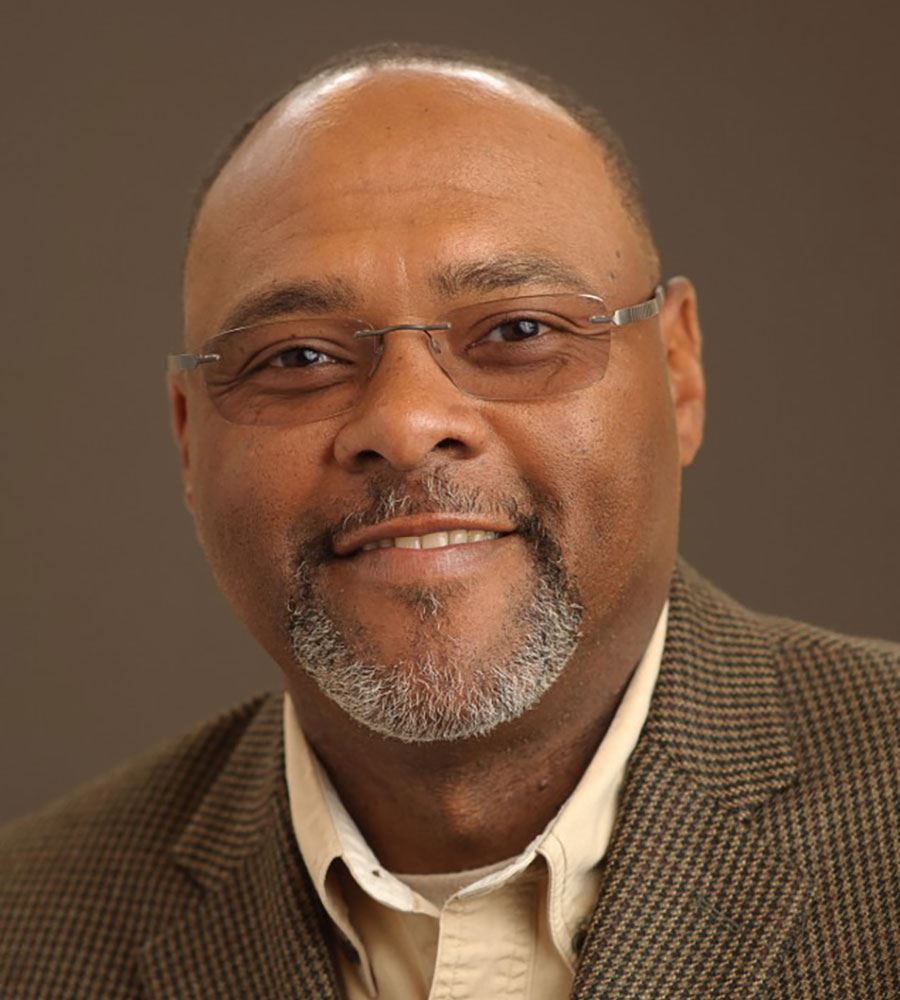How did you become involved in AJHA?
I was encouraged by several of my graduate student colleagues to submit a paper for presentation at the AJHA convention. It was accepted and during that weekend I met some fabulous people who encouraged me, challenge me and in many ways helped shape my future. I would not be who I am today as a scholar, teacher, person without AJHA.
Why are inclusion, diversity, and equity important in education?
If journalists are going to tell other people’s stories, then they need as students to begin to understand that you are engaging with people who come from different cultures and backgrounds and that those backgrounds are connected in economic ways, in racialized ways, in different cultures. One of the most important ways to be able to have a better understanding is to be a part of educational environments that are diverse. I think that’s important. I think it’s always been important.
How can programs better include these ideas?
I think the most important thing is to introduce students to the ideas of inclusion, diversity and equity early as freshman. They’re in educational environments. We need to do a better job of educating them to better understand other spaces and cultures and embrace the fact that this is a never-ending educational process. And that process should start day one when you walk in.
What drew you to early 20th century Black press history?
I’ve always liked history, even when I was an undergrad, in particular, civil rights history. What draws me to the early twentieth century is looking at where the press and in particular the Black press, was and the role that it played in helping African Americans navigate Jim Crow. How do you navigate this space that you are in? How do you navigate being asked to be an American when you are denied the rights of Americans? They could pick up a white newspaper but the only times they’d see themselves in it was if something bad happened. The only place they could see themselves in education or church or all of these spaces that they lived their lives was in the Black press.
What hobbies or interests do you have outside of academia?
When I’m not working I like to play golf, cook (mainly BBQ) and watch sports (St. Louis Cardinals and Kansas City Chiefs). I don’t get to do enough of those things. Life as an administrator is pretty tough these days, but the joy comes from watching my students achieve their goals. That makes all the hard work worthwhile.
Earnest Perry is is the Associate Dean of Graduate Studies and Research at the Missouri School of Journalism. Dr. Perry currently serves as chair of the Publications Committee for the Association on Education in Journalism and Mass Communication. He is a former president of American Journalism Historians Association, a former chair of the Standing Committee on Research and a member of the Standing Committee on Teaching for AEJMC.

